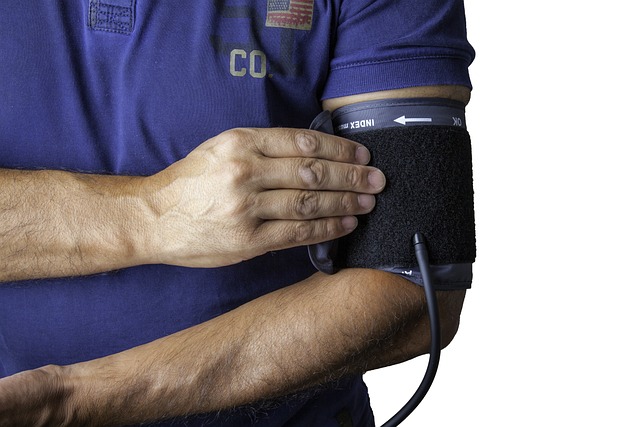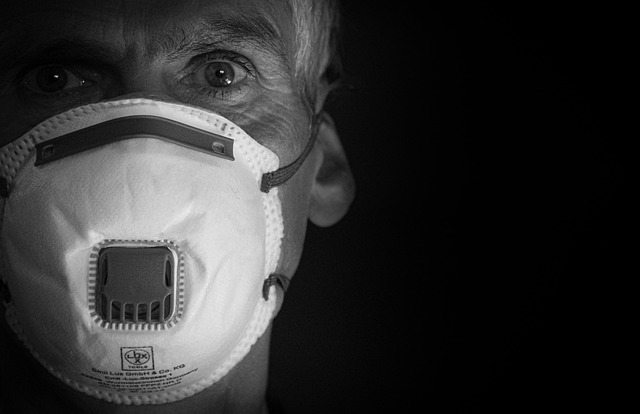Revolutionizing Health: Technological Innovations in Blood Monitoring Sensors
In the rapidly evolving health landscape, technological innovations have begun to play a pivotal role in how we monitor and manage our health. Among the most significant advancements are blood monitoring sensors, which offer a new level of convenience, accuracy, and real-time data that can empower individuals to take control of their health like never before.
The traditional methods of blood monitoring often came with inconveniences, including the discomfort of frequent needle pricks and the reliance on laboratory testing. However, with the advent of state-of-the-art blood monitor technologies, patients can now enjoy a more user-friendly experience. Continuous glucose monitors, for instance, have transformed diabetes management by providing real-time blood sugar readings without the need for constant finger pricking.
These innovations not only enhance the quality of life for patients with chronic conditions but also open up new possibilities for preventative health monitoring. Wearable devices have taken center stage, allowing individuals to track vital health metrics effortlessly. Imagine having the ability to monitor your blood oxygen levels, heart rate, and even hydration status right from your smartwatch or fitness tracker. These capabilities are not just a luxury; they are becoming essential tools in proactive health management.
In addition to wearables, portable blood monitoring devices are emerging, capable of performing multiple tests with just a drop of blood. These miniaturized devices are equipped with advanced biosensing technologies and machine learning algorithms, enabling them to analyze complex data patterns. This revolution in blood monitors goes beyond convenience; it can lead to personalized healthcare solutions that cater to individual health needs.
Moreover, the integration of artificial intelligence in blood monitoring sensors is enhancing their reliability. AI algorithms can identify irregular patterns that may indicate health issues, allowing for early intervention. This can lead to improved outcomes and a substantial reduction in healthcare costs associated with late-stage disease management.
The implications of these technological advancements are far-reaching. They not only democratize access to health information but also facilitate a more engaged approach to personal health. Patients are no longer passive recipients of healthcare; they are active participants, empowered with the knowledge to make informed decisions regarding their health.
As we step into this new era of health innovation, the intersection of technology and personal well-being presents an extraordinary opportunity to rethink how we approach our health. With blood monitoring sensors at the forefront, there is no doubt that we are revolutionizing health management, paving the way for a healthier future.




